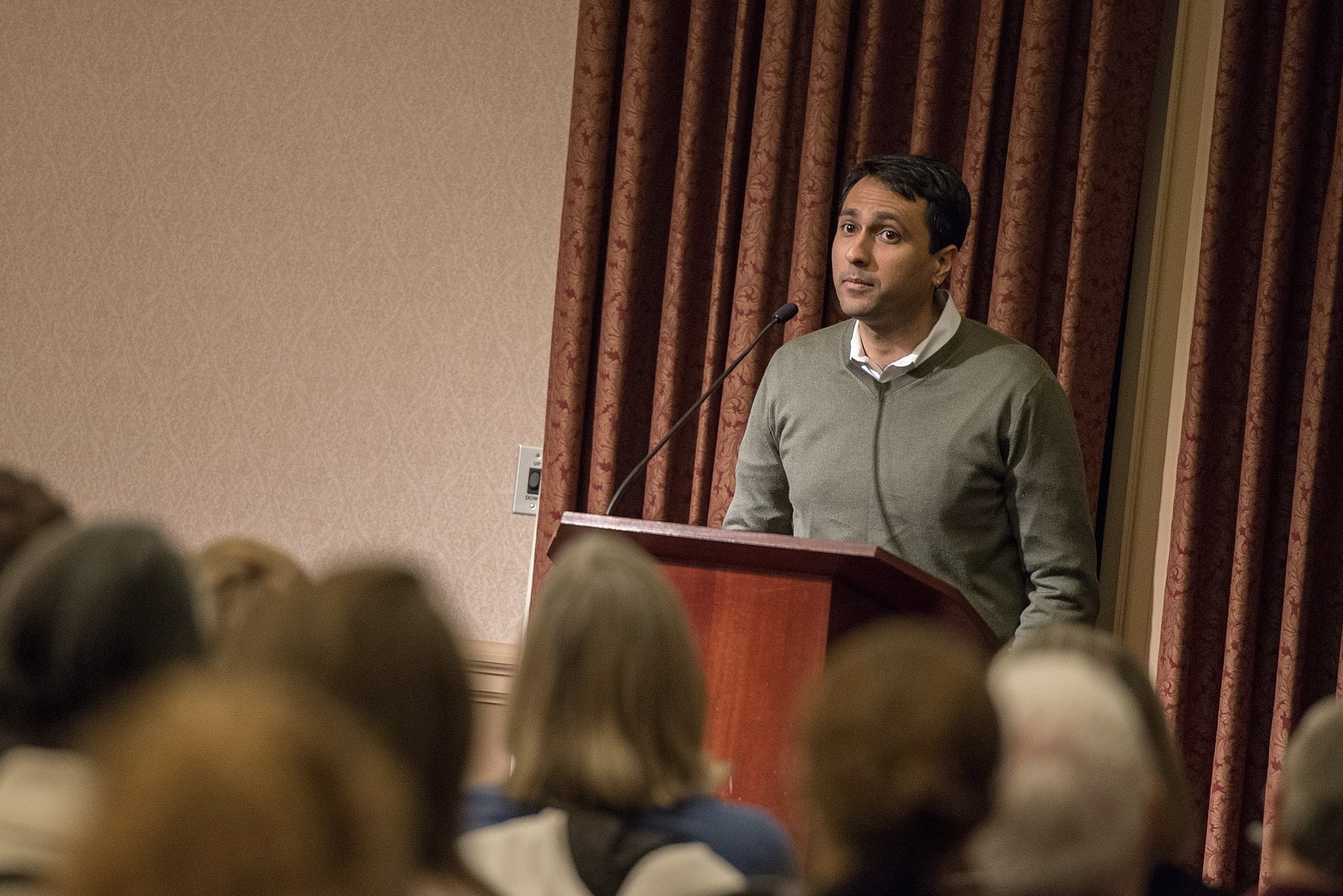We Need To Build
Hello, I hope you and yours are ready for a great Thanksgiving holiday!
I spent part of this past week for Forward in Arizona, which I believe will be ground zero for democracy over the next two years. You probably know about the very closely contested race between Katie Hobbs and TV personality Kari Lake or the Senate race between Mark Kelly and Blake Masters. Arizona is set to be one of six swing states in 2024 – along with Nevada, Georgia, Pennsylvania, Wisconsin and Michigan – and many in AZ are concerned with the turn taken by the state Republican Party.
There are activists and leaders who would like to follow Nevada’s lead in running a ballot initiative in Arizona for nonpartisan primaries and ranked choice voting. Stay tuned.
Bigger picture though, imagine a coalition of several hundred thousand swing voters in Arizona, Nevada, Georgia, Pennsylvania, Wisconsin and Michigan who come together to fight for democracy reform in 2024. A bloc of voters like that could credibly swing the next presidential election given how polarized the country is; even 100,000 votes would have decided 4 of those 6 states in 2020. Forward is well-positioned to build such a coalition in the next two years.
On a related point, this week on the podcast I interview Eboo Patel, the Founder and President of Interfaith America and the author of the new book “We Need to Build: Field Notes for Diverse Democracy.” Eboo served on Obama’s Inaugural Faith Council.
Eboo is a movement and coalition builder. He has spent the last twenty years building a national organization to champion religious diversity in America. Eboo writes of the time in his twenties, fresh out of college, when he criticized the organizers of an interfaith gathering and said there should be more young people, action and variety. A woman placed her hand on his shoulder and said, “You should build that.” He joked during our podcast that he “felt like someone was calling his bluff.”
A major theme of Eboo’s book is that we have taught young people to criticize and point out the negative when what we need first and foremost is builders. “One of the things that strikes me about the fancy colleges . . . is that they are most likely to teach you a language of criticism and deconstruction, a language that encourages you to think of yourself as oppressed. I think this is a useful pair of glasses to put on from time to time, but it’s a terrible idea to do permanent surgery on your eyes such that you only see the bad things that happen to you. First of all, you are not oppressed. To use that word in reference to yourself [as an American college student] is to announce to the world that you utterly lack perspective. Most of the world would trade places with you in an instant.” This is particularly observant in a country where only the top 35% or so graduate from college; we are a nation primarily of high school graduates.
During our interview, Eboo says, “We make a mistake by separating everyone into the Wicked vs. the Wounded. Why is it that only certain types of people are allowed to be considered privileged? Most knowledge workers are among the privileged today. I want to fight bad things and ideas but you have to retain the right outlook. Islamophobia is wrong and worth fighting, but the beauty of Islam vastly transcends any Islamophobia.”
Many students today dislike fraternizing with people of different beliefs or politics, Eboo gives them this example: “Imagine you are a heart surgeon and you are scheduled to be part of a team of surgeons that is performing a life-saving operation. Let’s say you discover that one of the other surgeons or a nurse supporting the surgery disagrees with you on a political issue dear to your heart. Maybe that person voted differently in the last election and advertises it with a bumper sticker on her car. Do you refuse to do the heart surgery?” To date, not a single person has said they would walk out of the operating room. “I continue along the same path: what about a PTA? Or a volunteer fire department?”
“In a democracy you have to live with the people you defeat . . . telling someone else who they are – or more accurately, who you want them to be – is the height of presumptuousness.”
Eboo wants to form a big tent, the same way Forward does. “Purity tests are the enemy of broad-based movements . . .Instead of further cementing the current Us vs. Them, wouldn’t it be nice to create a wider sense of ‘Us?’ . . . the goal is not a more ferocious revolution; it is a more beautiful social order.” Eboo’s challenge is that to defeat the things we don’t like, we have to build the things we do.
With Forward; our democracy will either get an upgrade or become subject to some very negative actors and sentiments. We need to build the kind of democracy we would like to see. And we don’t have unlimited time.
To buy Eboo’s book click here. To check out Forward or make a donation click here. Happy Thanksgiving!

